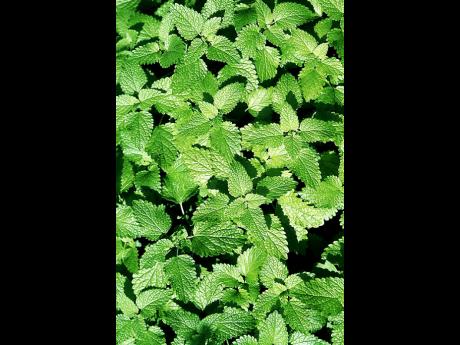Hooked on bushes - Parents introducing traditional medicine to infants
Staying true to a cultural heritage formed long before modern medicine, Jamaicans continue to administer bush medicine to children for different ailments from as early as nine months after birth. For the most part, though, parents have consistently reported that their children are healthy.
Twenty-two per cent of children have had herbal remedies by nine to 12 months after birth, according to data presented by lead researcher Professor Maureen Samms Vaughn at the JA KIDS conference held at the University of the West Indies (UWI), Mona, yesterday.
"This was the most difficult part of my analysis. I have never seen so many bushes. I had to go and ask what rice and peas bush is because that one I never knew of ... . Then there are the combinations. So, some children are getting five, or so, bushes, and then the parents told us what the bushes are used for," Samms Vaughn reported.
"This one for cold, this one for this, one for that ... honey and garlic, honey and lime, honey and all kinds of things," the researcher said. The herbs included fever grass, mint, lime leaf, garlic, cold bush, eucalyptus, rice and spirit weed.
"Interestingly, there was no marijuana reported," Samms Vaughn noted.
Data showed that children often had common illnesses such as colic, a cough, high fever, diarrhoea, asthma, and ear infections.
Burns and scalds
But jitters remain regarding children getting burns and scalds as they grow older. According to the data presented yesterday at the conference, 11.4 per cent of parents reported that their children had been burned nine months after birth.
However, during the period between nine and 18 months, that figure rose to 14 per cent as children became more active and they began to reach household items with more ease.
"Burns and scalds are the single largest preventive aspect of childhood injury, and we have a lot of burns and scalds in Jamaica," Samms Vaughn remarked.
Other injuries cited in the research findings were "falling on head", which had 16.4 per cent of parents reporting happening between birth and nine months. However, there was a decline, to 13.6, between the nine- and 18-month period after birth. The lead researcher explained that as children grow older, they become more stable and the frequency of the incidents decreases.

